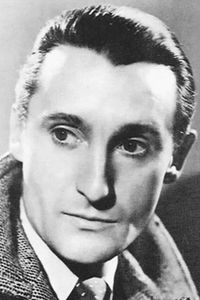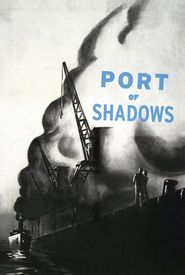Robert-Charles-Alexandre Coquillaud, professionally renowned as Robert Le Vigan, hailed from the City of Light, Paris, where his journey as a French actor began. Over the course of a decade, from 1931 to 1943, Le Vigan's illustrious career flourished, with his extensive filmography boasting over 60 cinematic endeavors. Primarily, he assumed small or supporting roles, yet his impressive range and versatility as an actor allowed him to excel in a variety of character portrayals.
According to esteemed film scholar Ginette Vincendeau, Le Vigan was a "brilliant, extravagant actor" whose remarkable performances often added depth and complexity to his characters. He possessed a unique ability to bring to life louche, menacing, or diabolical personas, leaving a lasting impact on audiences and cementing his status as a master of his craft.
Notwithstanding his remarkable proficiency in the art of acting, the personal life of Pierre Le Vigan was tragically besmirched by his unfortunate association with the Nazi regime during the tumultuous years of World War II. He unhesitatingly articulated and espoused fascist ideologies, which ultimately culminated in severe and far-reaching consequences. In the year 1946, Le Vigan was formally sentenced to a decade of forced labor as punishment for his actions. Despite being imprisoned for a period of three years in a labor camp, Le Vigan was eventually released on parole and fled to Spain, subsequently making his way to Argentina.
Le Vigan's life, which had initially held such great promise and potential, ultimately took a devastating turn, and he met his untimely demise on October 12, 1972, in the city of Tandil, Argentina, surrounded by the stark realities of poverty and hardship, a far cry from the bright future that had once seemed within his grasp.



























